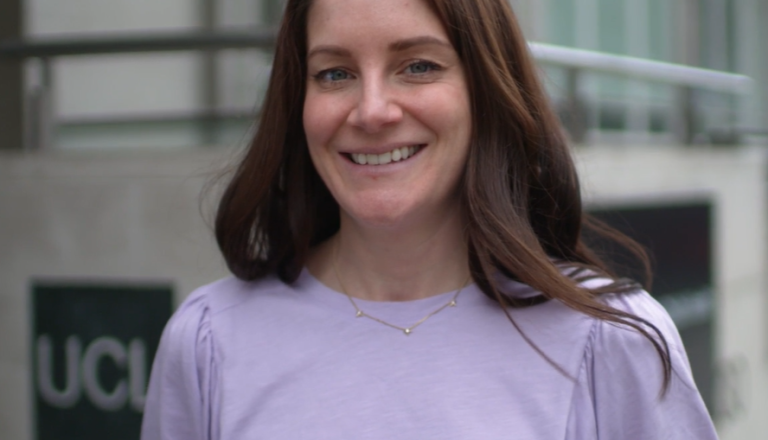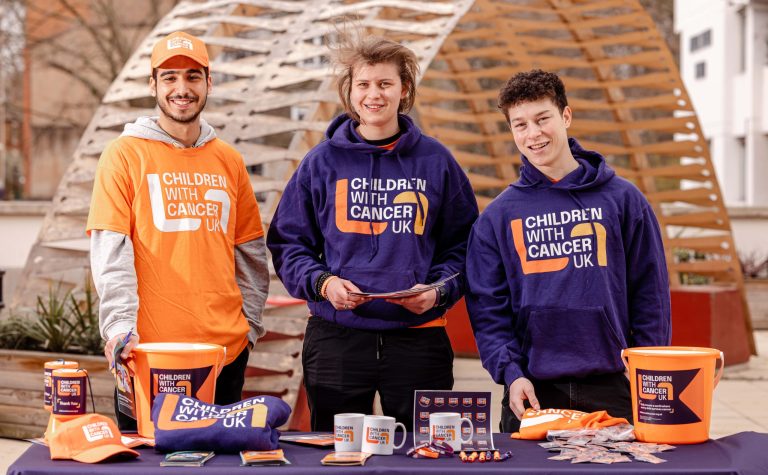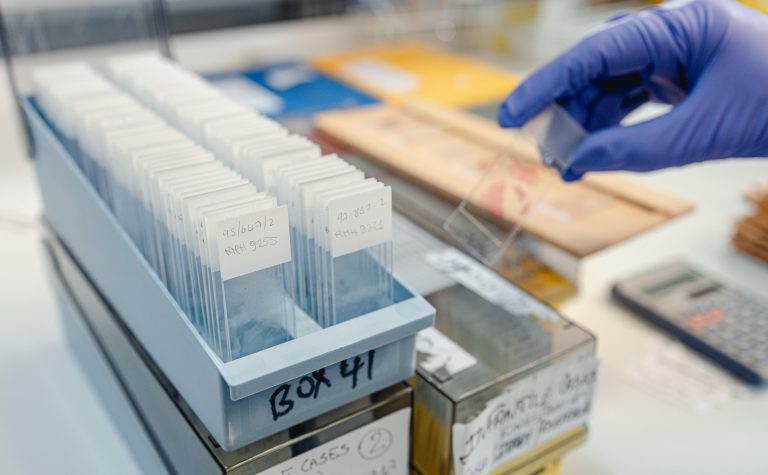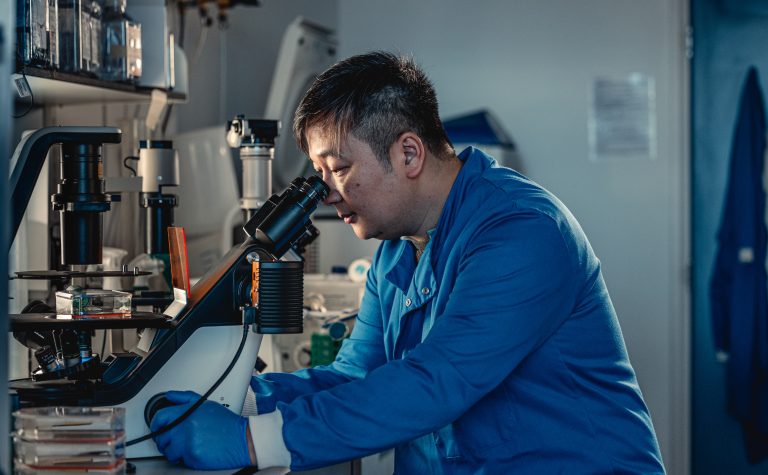We spoke to Katie Harron, working on understanding the impact of a diagnosis of childhood cancer on school attainment and attendance.
Q. How and why did you become a researcher?
A. I became a researcher on the advice of a statistician family friend, who told me there were much more interesting things I could do with my maths degree than become an accountant. I was interested very early on in how data could be used to support decisions about how best to improve health, and also in how things that happen to us early in life can have lasting repercussions and affect our health and wellbeing throughout our lives.
Q. You are working on research into the health and educational outcomes of childhood cancer survivors, what made you choose that as a project?
A. We know that children who have cancer face a number of difficulties, and not only with their health. Missing school due to medical appointments or being too ill too attend will affect educational progress, but there may also be hidden or longer-term outcomes of cancer treatment that affect learning. We need to know more about educational outcomes for childhood cancer survivors in order to inform treatment choices and improve the support provided to these children.
Q. What is the hardest part of your job?
A. Saying no. We are fortunate in having extensive and comprehensive data on how children and young people in England interact with health and educational services, and there are so many important research questions to ask. It can be difficult to narrow these questions down to those most likely to make a real difference to child health.
Q. What is the most rewarding part?
A. Working with students. I really enjoy seeing them learn new skills, find their niche, and develop as researchers. I learn from students all the time.
Q. Ultimately what do you hope your research will lead to?
A. I hope that my research will lead to improved support for children who are most at need. Child health in the UK has experienced a shocking decline over recent years, and one of the most important things we can do to promote lifelong health and wellbeing is to laying the foundations in the early years.
Q. Who have you admired in the history of researchers/medicine and why?
A. My PhD supervisor Harvey Goldstein has been an inspiration to me. He was a statistical genius, and wasn’t afraid to challenge perceived wisdom, but combined this with being friendly, approachable, and having a great sense of humour.
Q. What advice would you give someone considering research as a career?
A. If you want a career with autonomy, which allows to you to continue learning, and to be surrounded by fascinating people – then go for it. But it can be challenging, especially as an early career researcher with short term contracts.
Q. What advances have you seen in your career as a researcher?
A. The advances that we’ve made in making better use of existing data resources have been huge. We now have data on whole populations, linked across health and education, allowing us to follow individuals from birth to adulthood, and all within safe and secure research data environments. The power of these data for making improvements to child health is phenomenal.
Q. What difference will your research hope to make to children and young people with cancer?
A. Our research will empower children and young people with cancer, because we will be able to provide them with more granular information about longer-term health and education outcomes, which has not previously been possible. We also hope that our research will improve services that are provided to children and young people, through more informed decision making.
Q. What do you wish that people understood better about research?
A. I think that we need to have better ways of communicating about uncertainty. Researchers always have to be careful to be transparent about limitations of their research, but this can lead to a perception that experts change their mind too often, or that the latest advice contradicts what we were previously told. Science is a constantly evolving field and uncertainty is not a bad thing.
Q. What is the best advice you have ever been given by anyone?
A. “When in doubt, go out”. This was in relation to having a difficult day at home with a newborn baby, but I think it applies much more widely. Being outside – and moving – is really important for lifting my mood.
Q. How do you unwind after a day at work?
A. I love to spend time in my garden (especially when it is sunny like it is at the moment). It’s a nice antidote to a long day in front of a computer screen.
Learn more about Katie Harron research project on understanding the impact of a diagnosis of childhood cancer on school attainment and attendance.
Read more


